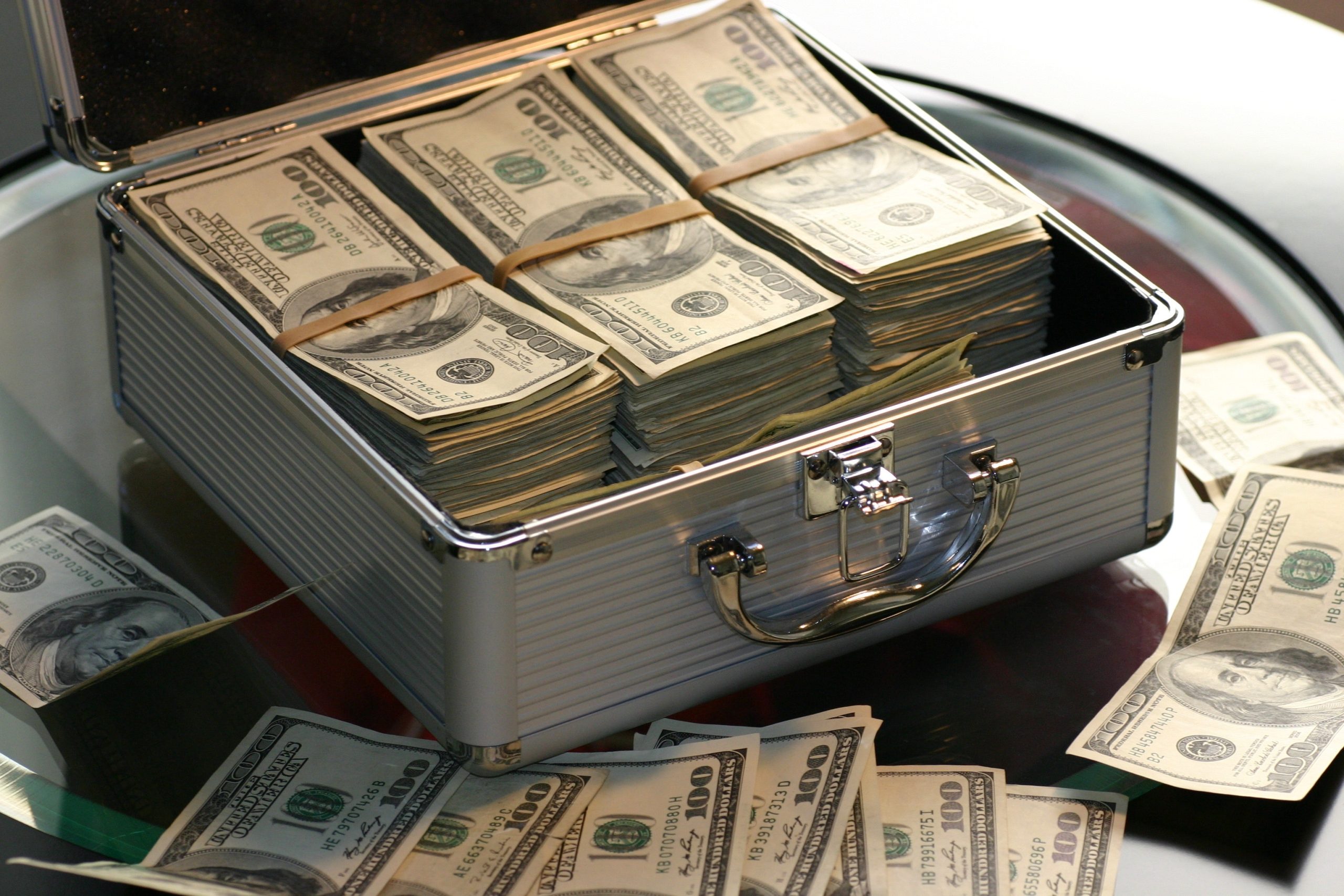Money Management
Here’s an unhappy situation — being flat broke on the second day of a five day gambling vacation.
To avoid this, you need to set a gambling budget and stick to it. Some say “Never bet more than you can safely afford to lose.” But I believe that’s a dangerous way to think about it. I prefer to say “Never bet more than you planned to bet”.
Here’s the difference. You may be well off, and you could afford to wager a few thousand dollars tonight. If you lost it, it would have zero effect on your life or your future. But you only planned to play with $400, and that’s what you brought to the casino with you. If you lose that $400, don’t go to the ATM. That’s the first step down a slippery slope.
Here are a few terms to help keep things straight:
- Bankroll: This is all the money you have that is designated for gambling. Think of it as your gambling savings account. It may be in the bank, or in a safe deposit box, or in your shoe, but it should be kept completely separate from your other funds. Don’t mix your bankroll with money that you use for daily living.
- Daily Budget: The money you have budgeted for gambling today.
- Session Bankroll: All the money you have designated for gambling this session or period. Normally a portion of a day, a few hours.
- Loss Limit: The amount of money you are willing to lose in a period or session.
Here’s what we do:
- Decide on a gambling budget for the week and for each day of the week
- At the start of the day, we take out the money for that day, for example $400 each.
- We further divide the daily budget into session bankrolls. For example, $200/session
- We decide what the acceptable loss limit is for the session up to the session bankroll limit. If we reach a loss loss limit we end that session (or go home if the daily budget is exhausted).
- We work hard to stick to the plans laid out above.
Taxes
If you gamble long enough, eventually you’ll hit a jackpot that requires the casino to pay you by hand, in cash, and to give you a W2-g. Now you have the privilege of paying taxes on your winnings.
Any time you hit a jackpot larger than $1199 the casino will give you a W2-g. Some machines are set up to pay exactly $1199 for this reason!
But, you say that you’ve lost more than you won this year? If so, you may not have to pay any taxes on this jackpot.
A few things to do in advance of this occurring.
-
Keep records of your gambling trips. Maintain a log with date, starting bankroll, ending bankroll, profit or loss. In addition to this, casinos will provide you with a win/loss statement at the end of the year based on their records.
-
Ensure you report all gambling losses to offset the wins. For example, keep old losing lottery tickets, etc.
-
State tax laws vary, so ensure you understand the laws in your state, and the state where you’re gambling.
Problem Gambling
If you have difficulty sticking to a budget, and often exceed your planned gambling loss limits, you may have the beginnings of a gambling problem. Please keep gambling fun for you and your family. Take a look at these sites:
National Council on Problem Gambling: www.ncpgambling.org
Gamblers Anonymous: www.gamblersanonymous.org
Harvard Medical School self help: http://basisonline.org/changetools.htm

